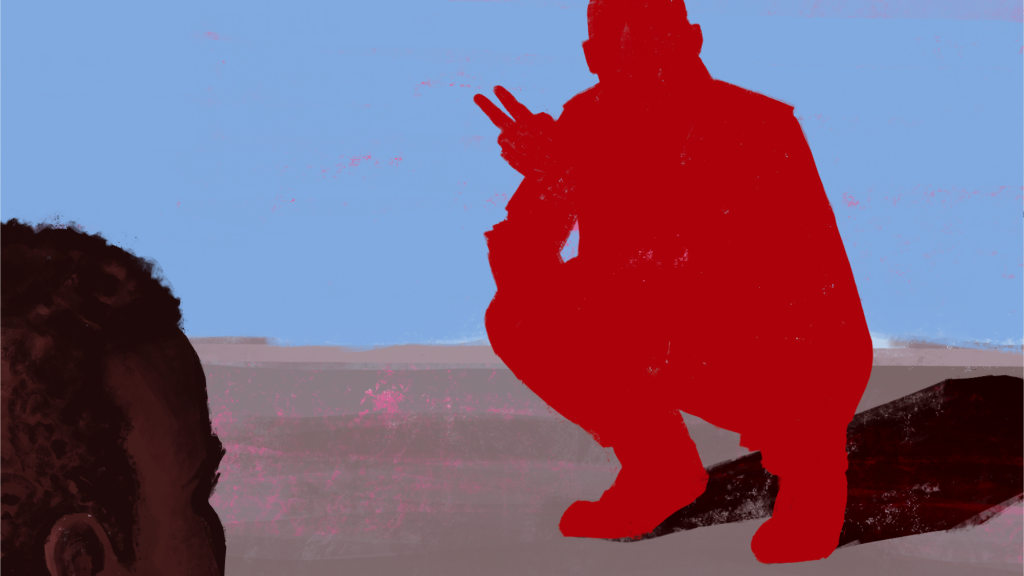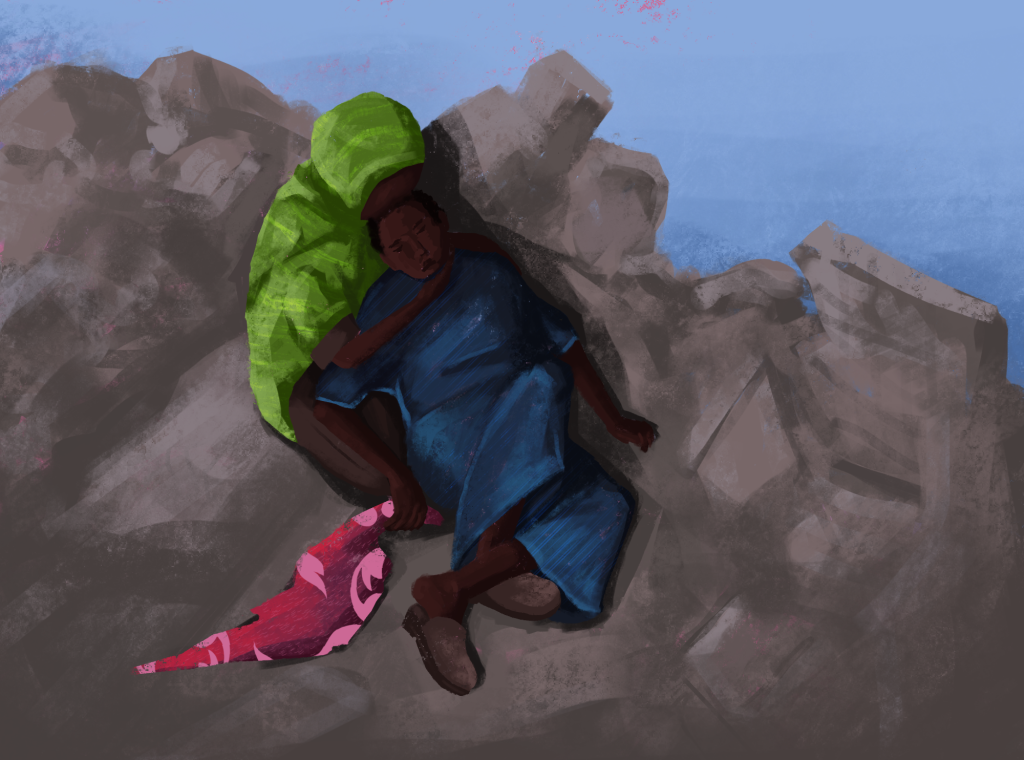Brussels/Amsterdam– Women and girls in Sudan’s Darfur region are at near-constant risk of sexual violence, medical organisation Médecins Sans Frontières (MSF) warned today. The true scale of this crisis remains difficult to quantify, as services remain limited and people face barriers in seeking treatment or speaking about their ordeal. Yet all the survivors who speak with MSF teams in Darfur and across the border in Chad share horrifying stories of brutal violence and rape. With men and boys also at risk, the extent of the suffering is beyond comprehension.
“These attacks are heinous and cruel, often involving multiple perpetrators. This must stop. Sexual violence is not a natural or inevitable consequence of war, it can constitute a war crime, a form of torture, and a crime against humanity. The warring parties must hold their fighters accountable and protect people from this sickening violence. Services for survivors must immediately be scaled up, so survivors have access to the medical treatment and psychological care they desperately need,” continues Claire San Filippo.
Sexual violence has become so widespread in Darfur that many people chillingly speak about it as unavoidable. “Some people came at night to rape the women and take everything, including animals. I heard some women being raped at night. The men were hiding in toilets or in some rooms they could close, like my husband and brothers, otherwise they would get killed. The women didn’t hide because it was just beating and rape for us, but the men would get killed,” a 27-year-old woman told MSF’s team in West Darfur.

It is not only during attacks on villages and towns or during the journey to safety that people have been raped and beaten. Limited humanitarian assistance is forcing people to take risks to survive: people are walking long distances to meet their basic needs and taking work in dangerous places. Others decide against taking the risk but are then cut off from their sources of income, reducing further their access to water, food and healthcare. This is no guarantee of safety, with people attacked at home as well.
MSF provided care to 659 survivors of sexual violence in South Darfur between January 2024 and March 2025
– 86% reported that they were raped
– 94% of survivors were women and girls
– 56% said they were assaulted by a non-civilian (by a member of military, police or other security forces or non-state armed groups)
– 55% reported additional physical violence during the assault
– 34% faced sexual violence while working in, or travelling to, the fields.
– 31% were younger than 18, 29% were adolescents (aged between 10 and 19), 7% were younger than 10 years old and 2.6% were younger than 5 years old
These disturbing statistics are likely an underestimate of the true scale of sexual violence in South Darfur.

The situation is similar in other places where MSF is able to provide care for survivors such as Eastern Chad, which currently hosts over 800,000 Sudanese refugees. In Adre almost half of the 44 survivors treated by MSF since January 2025 were children. In Wadi Fira Province, 94 survivors were treated between January and March 2025, 81 under the age of 18. The testimonies of patients and caregivers in both eastern Chad and Darfur, Sudan bear this out. One man told MSF’s team in Murnei, West Darfur, “Three months ago there was a little girl of 13 years old who was raped by three men…They caught her and raped her, then they abandoned her in the valley… They called some people to carry the girl to the hospital. I was one of them. She was a little girl.”
Many survivors report being raped by more than one person. In Metché in eastern Chad, 11 out of 24 survivors treated between January and March 2025 were attacked by multiple assailants. The experiences patients share in various locations bear this out. “When we arrived in Kulbus, we saw a group of three women with some RSF [Rapid Support Forces] men guarding them. The RSF also ordered us to stay with them. They told us, ‘You are the wives of the Sudanese army or their girls.’ … Then they beat us, and they raped us right there on the road, in public. There were nine RSF men. Seven of them raped me. I wanted to lose my memory after that,” one 17-year-old rape survivor told MSF.
In some cases, the attackers directly accused the survivors of supporting the other side. One woman shared her story: “I have a certificate for first aid nursing. [When they stopped us], the RSF asked me to give them my bag. When they saw the certificate inside, they told me, ‘You want to heal the Sudanese army, you want to cure the enemy!’ Then they burnt my certificate, and they took me away to rape me. They told everyone else to stay on the floor. I was with some other women, including my sister. They only raped me, because of my certificate.”
It is vital that survivors access services after the attack, as sexual violence is a medical emergency. The immediate and long-lasting physical and psychological consequences which can be life-threatening. Yet survivors struggle to access medical care and protection because of a lack of services, limited awareness of the few services that exist, the high cost of traveling to facilities, and a reluctance to speak about the abuse due to shame, fear of stigma or retaliation.
Where services exist, survivors need clear and accessible referral pathways to get the help they need. In South Darfur, the state with the greatest number of displaced people in Sudan, in late 2024, MSF added a community-based component to its care for survivors of sexual violence. Midwives and community healthcare workers were trained and equipped to provide emergency contraceptives and psychological first aid to survivors. They also supported survivors’ referral to MSF-supported primary healthcare clinics and secondary hospitals for comprehensive care. Since the addition of this community-based model, MSF has seen a steep increase in women and adolescents seeking care.
MSF teams continue to see new survivors of sexual violence. In Tawila, where people continue to arrive after attacks on Zamzam camp and in Elf Fasher, North Darfur, the hospital received 48 survivors of sexual violence between January and the beginning of May, most of them since the start of fighting in Zamzam camp in April.












